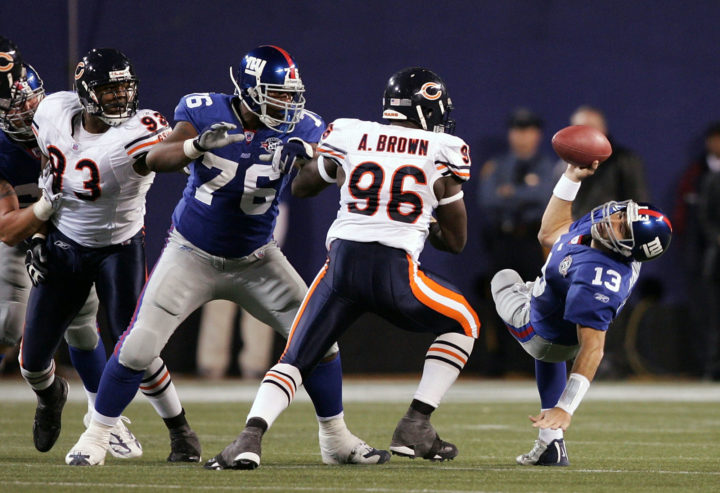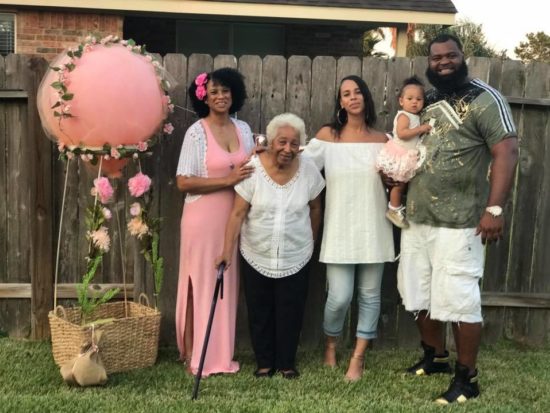During my first year I started off with the Miami Dolphins, and then by the end of the year I was playing for Denver Broncos. That’s when it dawned on me that they say that this only lasts a possible three years and I might fall in that category. I realized that I've got to prepare to do other things – I need to start equipping myself for the future.
One of the first things I did was I made sure I saved every drop. I mean, I saved every drop! I didn’t go to the strip clubs. I bought some jewelry, I bought a watch, but that was it. I paid attention to how I spent every dollar.
I moved around a lot, played on a lot of different teams and, at first, I just thought it was cool to be in the NFL. You know, none of my friends had any friends play in the NFL, so it was like being the hero of the hometown. But because of switching teams so much, it started to become quite difficult.
It’s like you meet a whole set of people and they become your family – in football it’s about being a team and being loyal to that team and sometimes it takes a whole year to buy into what the team is trying to sell – So, you feel like that’s your home and then the next year you get moved around and you’re doing it all over again. I did that four times.
I was good in college, but once you get into the NFL everybody’s good. So, it don’t mean nothin', your previous awards don’t mean nothin'. From day one, I started paying attention. I knew it wouldn’t last forever.
The part that I miss about football the most is the guys. I don’t care too much about the football aspect of it, but the guys, you know, that’s what I miss so much.

